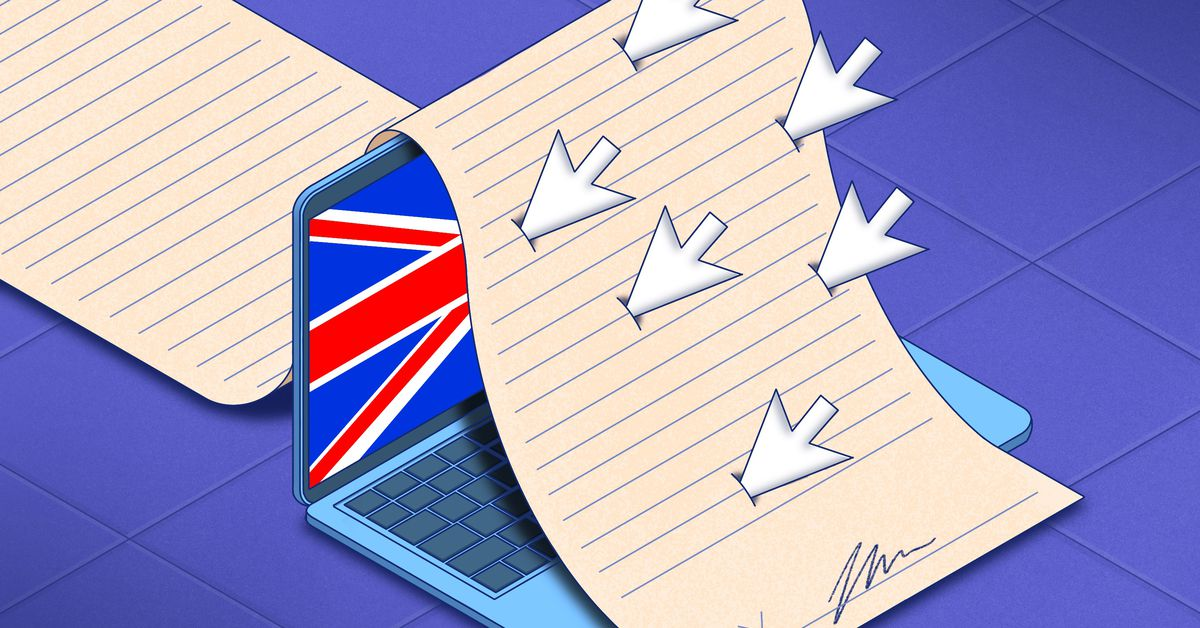this will prolly end as well as brexit… and just as well thought out
Yeah just look at the last UK age verification law that was delayed over and over again until it was quietly scraped. Its likely Ofcom will struggle to get up and running.
This is what I’m banking on - I suspect it’ll be like all the other times the UK government tried to break the internet, nothing will actually happen.
Classic surveillance-state shenanigans…
“If you don’t want the UK government to mandate backdoor access into private messages, you aren’t serious about protecting children!”
Does this only apply to companies with physical operations in the UK? If it applies to all internet entities, then how do they enforce it on a company from another country? If it’s only UK based businesses, then what’s the point? Kids can go to a site hosted in another country.
They can block access to the site if they don’t comply. Then people use VPN.
Also, companies can proactively block traffic coming in from the UK if they don’t feel like abiding by the rules. This generally happens when the cost to change their service to fit the law is higher that the amount they make from serving that country. It happened with GDPR.
deleted by creator
It’s a race to the bottom
Does this also give 5 Eyes access to this info?
Probably through handshake agreements. By the time any evidence comes out of them, they’ll have gotten the formal documentation backdated and approved by their legal advisors.
🤖 I’m a bot that provides automatic summaries for articles:
Click here to see the summary
Specific harms the bill aims to address include underage access to online pornography, “anonymous trolls,” scam ads, the nonconsensual sharing of intimate deepfakes, and the spread of child sexual abuse material and terrorism-related content.
The first covers how platforms will have to respond to illegal content like terrorism and child sexual abuse material, and a consultation with proposals on how to handle these duties is due to be published on November 9th.
Ofcom says it expects to publish a list of “categorised services,” which are large or high-risk platforms that will be subject to obligations like producing transparency reports, by the end of next year.
Social media companies will be held to account for the appalling scale of child sexual abuse occurring on their platforms and our children will be safer,” said UK Home Secretary Suella Braverman.
Meanwhile, the Wikimedia Foundation has said that the bill’s strict obligations for protecting children from inappropriate content could create issues for a service like Wikipedia, which chooses to collect minimal data on its users, including their ages.
In a statement, Ofcom’s chief executive Melanie Dawes pushed back against the idea that the act will make the telecoms regulator a censor.
Saved 70% of original text.








